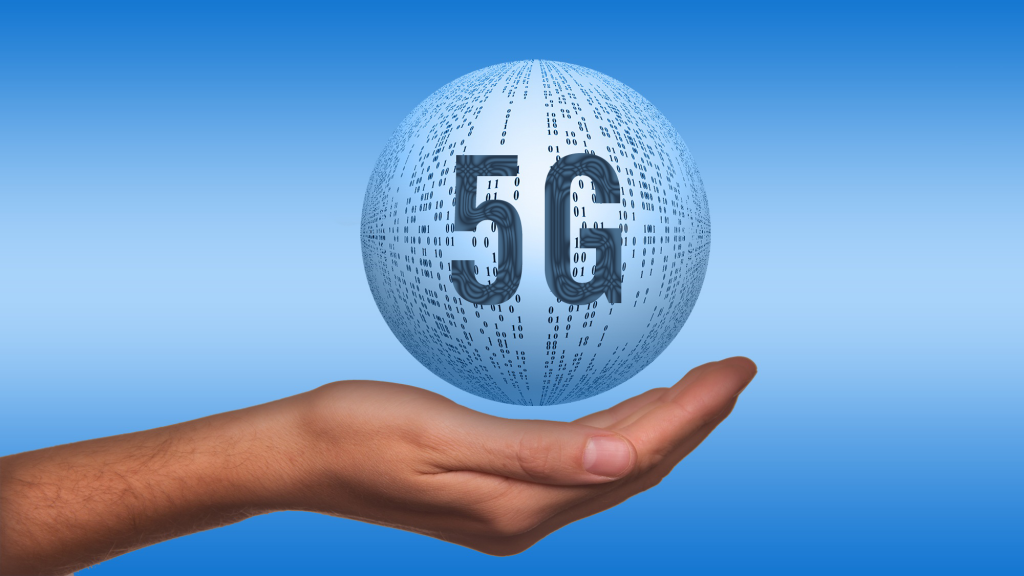The days of the 3G and 4G connections are gone. Big players in the automated world such as Ericsson, Cisco, and Intel have embarked on the journey to unlock the next generation of technology: 5G. Verizon announced it would begin testing a prototype soon. South Korea wants to have 5G connection running when it hosts the Winter Olympics in 2018. Japan wants the same for their summer games in 2020. The new priority for major tech giants will be to develop and make 5G connection accessible to consumers by 2017. 5G, or the 5th generation wireless system, is a facilitated and streamlined version of the current 4G system. Today, tech companies that are part of the Verizon 5G Technology Forum group are working towards the goal of making the 5G dream a reality.
The Next Generation Mobile Networks Alliance has criteria which defines the requirements for a 5G network. The standards are as follows but are not limited to: data rates of tens of megabits per second supported for tens of thousands of users, one gigabit per second offered simultaneously to many workers on the same floor, significantly enhanced efficiency compared to 4G, improved coverage around the nation, and signal efficiency. While major tech companies aim toward releasing the new technology by 2017, the alliance has stated that 5G should be released to consumers and businesses by 2020.
Though the concept of a 5G connection is a recent one, research and development projects have been going on for many years in nations around the world. One of the front-runners in wired broadband, South Korea developed a 5G mobile communication system in 2008. In 2012, New York University formed NYU Wireless, an academic research center that is dedicated to the development of 5G wireless communications. Shortly after, United Kingdom’s University of Surrey purchased a new 5G research center funded by the UK Research Partnership Investment Fund that will offer testing facilities to mobile operators. Though the task of creating a new type of connection is an intimidating one, it is speculated that the new service will generate over $1 billion in revenue for companies.
So what does 5G mean for normal technology users around the world? Under the 5G plan, carriers across the United States will be able to offer more than 10 gigabits per second of Internet speeds, equivalent to current networks 100 times faster. Downloading high-definition (HD) movies in an instant would take less than five seconds, compared to what it would take now: 8 minutes or more. However, 5G is not just about how fast one can download a gigabit of data. The world will see a potential for connected smart cities, driverless cars, car to car communication, and a sharp decrease in sudden data connection drop-outs. The creation of 5G will compel the reconstruction of data transmission. Currently, data is transmitted when radio waves are split up into different bands or frequencies. Technological advancements have worked their way around this system as they have made room for frequencies in these gaps. The new 5G network will require a network with more bandwidth and one that can also provide high speeds to consumers in the modern world. As the competition for releasing this new technology to consumers get fierce, daily Smartphone users can only wait – for the next generation.
Shania Arora and Ester Choi
news editors

